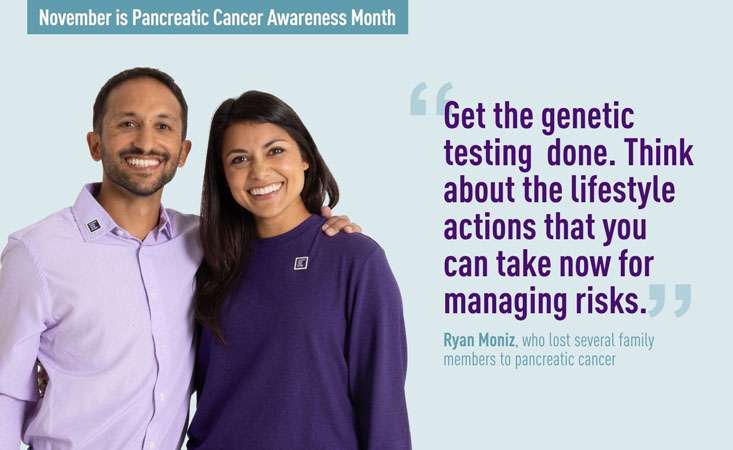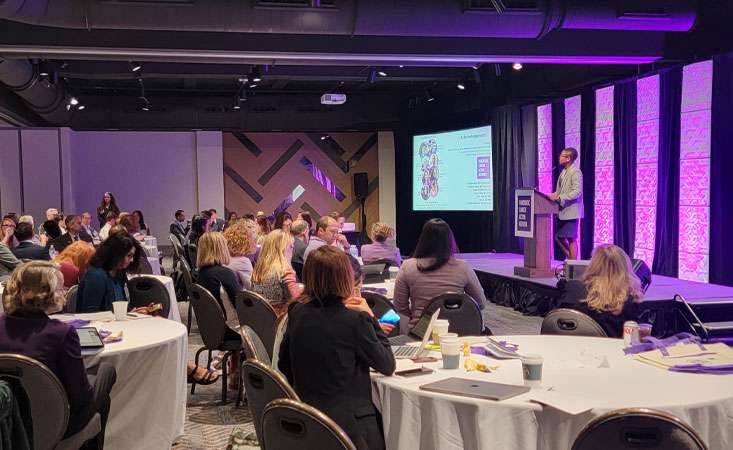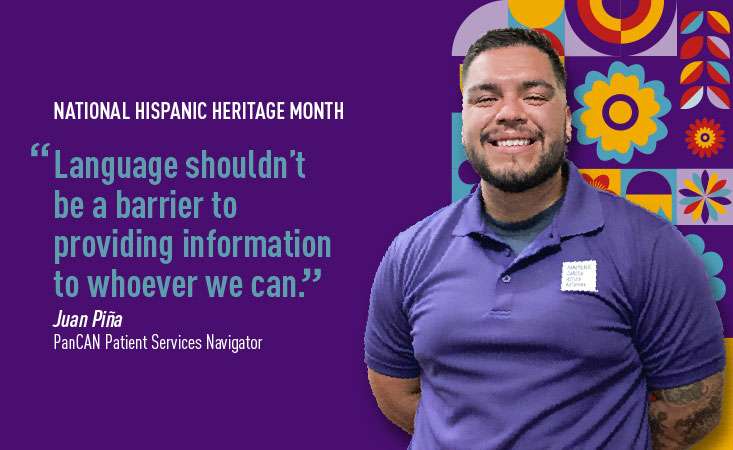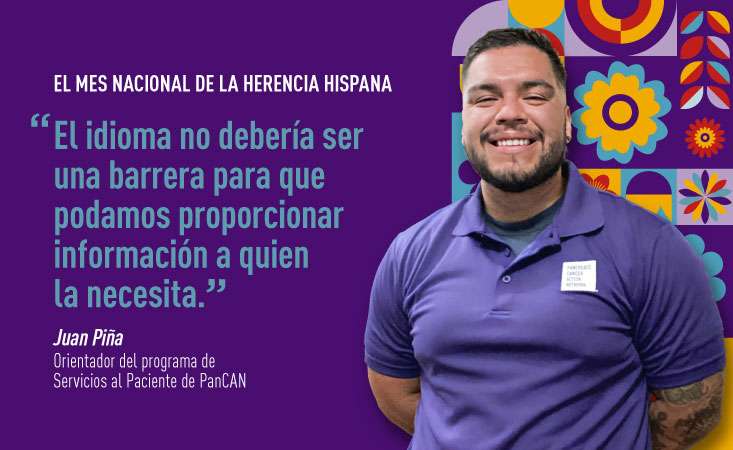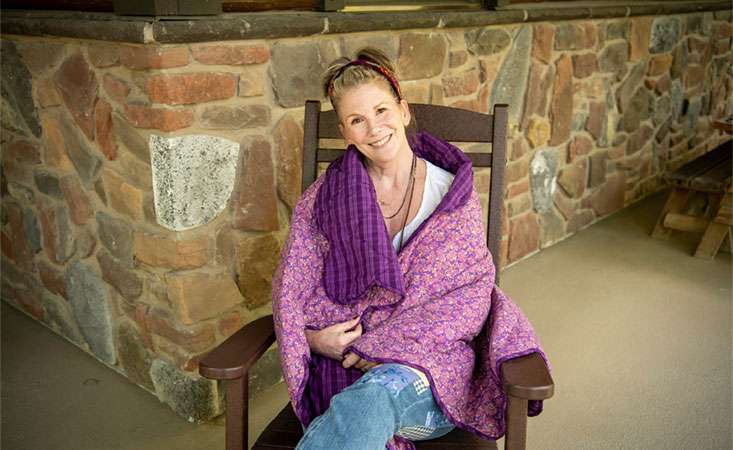From a young age, I knew that I wanted to be a doctor. During my freshman year of college, I was able to work in an exciting cancer research laboratory, an experience that made me realize that I wanted to integrate biomedical research as a major part of my future career. Enrolling in a joint MD/PhD program at Harvard Medical School was the perfect next step for me.
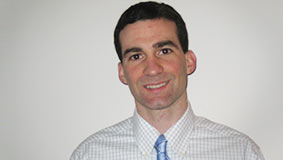
I find that nothing can compare to the gratification of interacting directly with patients and family members, and impacting their medical care each day. However, my work in the lab brings a different, longer-term gratification of being able to change and hopefully improve the way we’ll practice medicine and treat patients in the future.
While pursuing my PhD, I was fortunate to work in the lab of a world-renowned cancer biologist who was building his research program in pancreatic cancer. I’d always known pancreatic cancer was a particularly difficult disease, and was drawn to a research and clinical focus where I knew I could make a big difference.
Now I’ve completed my clinical fellowship and am doing my postdoctoral research training. Receiving the Fellowship Award from the Pancreatic Cancer Action Network, funded in memory of Samuel Stroum, has been a huge boost to my career. It is such an honor to receive this funding, but it is also a big responsibility that I take very seriously. I am driven to make the research I conduct count toward impacting the future of this devastating disease.
There are many challenges in the field of pancreatic cancer research. From a clinical perspective, the disease is highly aggressive and rarely diagnosed in its early stages. Treatment options for advanced disease are unfortunately limited. In the lab, we struggle to obtain and analyze patient specimens of pancreatic cancer. The tumor is infiltrated by various types of normal cells, making it difficult to separate out which cells are cancerous and which are not. Moreover, as opposed to some other types of solid tumors, the genetic alterations that have been identified in pancreatic cancer cannot currently be targeted by available drugs.
Despite these clinical and scientific challenges, there has never been a more exciting and promising time to be a pancreatic cancer researcher. We know more about the genetics of this disease than ever before. Additionally, faithful mouse models of the disease have revealed critical insights into the biology of pancreatic cancer. Importantly, a collaborative community of pancreatic cancer researchers has formed around a common goal to improve the lives of patients suffering from this disease. With the proper resources and support, we are poised to make important breakthroughs in the treatment of pancreatic cancer.
While we go forward with enormous dedication and enthusiasm among pancreatic cancer researchers, the current federal funding climate has generated much cause for concern. The recent cuts to the National Cancer Institute (NCI) have put enormous pressure on scientists, and in many cases have forced scientists to make serious cutbacks in their research agendas. The high bar to achieve federal funding may force researchers to focus on science that’s most likely to get funded, rather than on innovative projects that may best advance the field. In studying a difficult disease such as pancreatic cancer, investigators need to feel safe taking risks and trying completely new approaches. Unfortunately, this is precisely the type of research that can suffer most by federal funding cuts.
Organizations like the Pancreatic Cancer Action Network help fill a major gap by funding research that may not be eligible for funding from the federal government. In addition, advocacy efforts by the organization are critical to ensure that the NCI receives adequate funding from the federal government.
I hope to transition to a faculty position in the next few years. As an independent investigator, I will remain focused on pancreatic cancer research and will ultimately rely on funding from the government to pursue my research interests. The support I am receiving from the Pancreatic Cancer Action Network has been instrumental to my ability to pursue these goals and could not have come at a more critical point in my career.
I feel extremely fulfilled in my professional life and am living my dream of being a physician-scientist. The gratification of treating patients and studying pancreatic cancer in the lab is enormously rewarding. If I could do it all over again, I would not hesitate to take the same career path. My wish is that by the time my young children are adults, the outcomes for pancreatic cancer patients will be dramatically different than they are today.
Andrew Aguirre, MD, PhD
Fellow, Hematology/Oncology, Massachusetts General Hospital and Dana-Farber Cancer Institute







